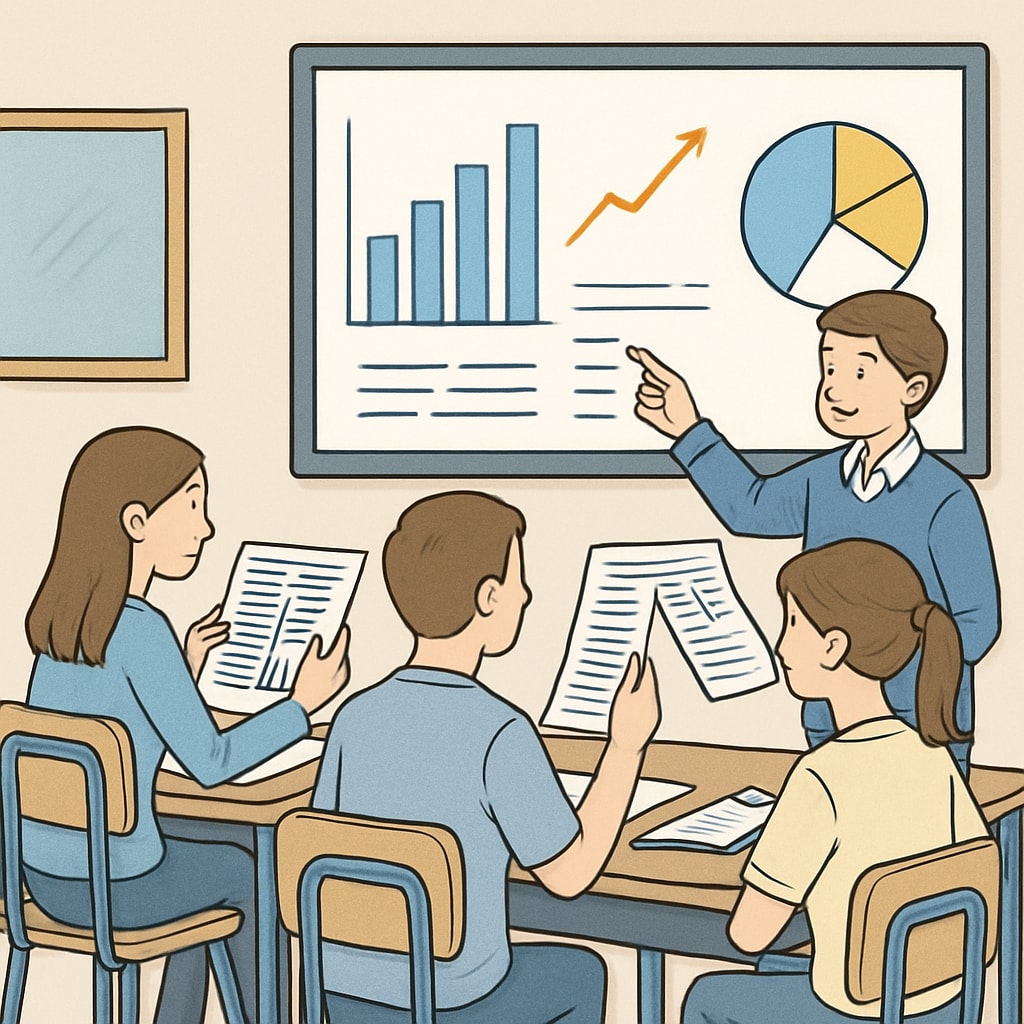In today’s digital age, the importance of media research, survey methods, and academic help in K12 education cannot be overstated. As students increasingly engage with digital platforms, educators are tasked with preparing them to critically evaluate information and conduct thoughtful academic inquiries. This article delves into the significance of integrating media literacy and research skills into K12 curriculums, exploring how these practices enhance critical thinking and provide students with tools to navigate a media-saturated world.
The Role of Media Research in Developing Critical Thinking
Media research in K12 education serves a dual purpose: it enables students to analyze the information they encounter and equips them to create their own evidence-based arguments. By engaging in research activities, students learn to identify biases, differentiate between credible and unreliable sources, and understand the broader societal implications of media content. For example, a study on the impact of social media algorithms can spark discussions on ethics and privacy concerns, fostering a deeper understanding of contemporary issues.
Moreover, media research encourages active participation. When students design surveys or conduct interviews, they take ownership of their learning process. This hands-on approach not only builds academic skills but also instills confidence in their ability to contribute to meaningful conversations.

Survey Methods: A Gateway to Academic Inquiry
Survey methods are particularly effective in teaching students how to gather and interpret data. By conducting surveys, students gain firsthand experience in formulating research questions, designing questionnaires, and analyzing responses. These activities promote both quantitative and qualitative reasoning, which are essential skills for academic and professional success.
For instance, a K12 class could survey peers about their media consumption habits. The collected data can then be used to identify trends, discuss implications, and propose solutions to issues such as misinformation or excessive screen time. This process enhances their understanding of research methodologies while reinforcing collaborative and problem-solving skills.
To maximize the impact of survey-based assignments, educators should provide clear guidelines and examples. Resources like Survey Methodology on Wikipedia offer valuable insights into best practices, ensuring that students approach their projects with a structured and informed perspective.

How Educators Can Support Media Literacy and Research Skills
Educators play a crucial role in cultivating media literacy and research skills. To ensure that students succeed, teachers can implement the following strategies:
- Integrating real-world examples: Use current events and trending topics to make research activities relevant and engaging.
- Providing access to reliable resources: Introduce students to trusted databases and academic tools, such as Britannica.
- Encouraging collaboration: Assign group projects to foster teamwork and collective problem-solving.
- Offering constructive feedback: Guide students in refining their methodologies and interpreting results accurately.
Furthermore, educators should emphasize ethical considerations in research. Students must understand the importance of respecting participants’ privacy and ensuring the transparency of their findings. This ethical framework will prepare them for future academic and professional endeavors.
Conclusion: Empowering Students for the Digital Era
In conclusion, integrating media research, survey methods, and academic help into K12 education is essential for preparing students to thrive in the digital era. These practices foster critical thinking, enhance research capabilities, and encourage ethical engagement with media. By providing the right tools and guidance, educators can empower students to become informed and proactive contributors to society.
As we continue to navigate the challenges and opportunities of a media-driven world, it is imperative to prioritize these skills in education. With thoughtful implementation, media literacy and academic inquiry can transform the way students understand and interact with the world around them.


